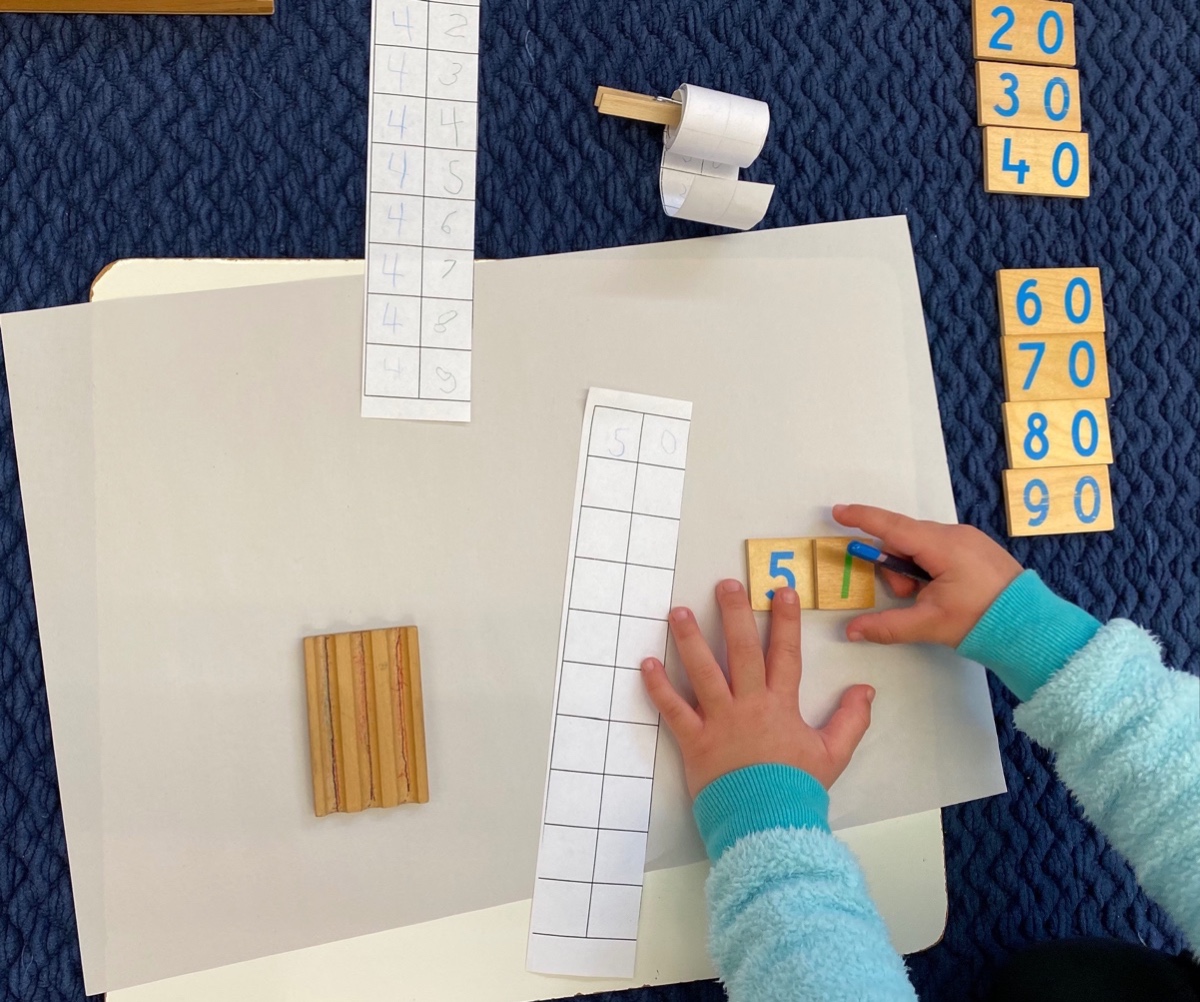What is Montessori?

Who is Dr. Montessori?
Dr. Maria Montessori was the first female physician in Italy, having graduated from the University of Rome at the turn of the 20th century. Her pediatric residency was taken in an institution for children who were thought to be “mentally deficient.” As a keen scientific observer, she realized that these children were hungry to learn, if only they could have objects to teach them. She translated the studies conducted by two French doctors, John Itard and Edward Sequin, into Italian and began making the same materials and creating more than they had used in France with atypical children. After several years of using the new materials, more than half of her children passed tests to enter public school, and the world sat up and took notice of this young Italian physician.
What is Montessori Education?
Montessori education is a natural way of learning for young children. Through the five senses, the child in their first six years absorbs their environment like a sponge. They teach themselves in their native tongue (and often other languages), forms their basic personality, sets up their emotional framework for the rest of their life and begins their acquisition of knowledge. The Montessori classroom builds upon their first years at home and provides hundreds of concrete, hands-on materials through which the child may learn, organize and create their reality.

